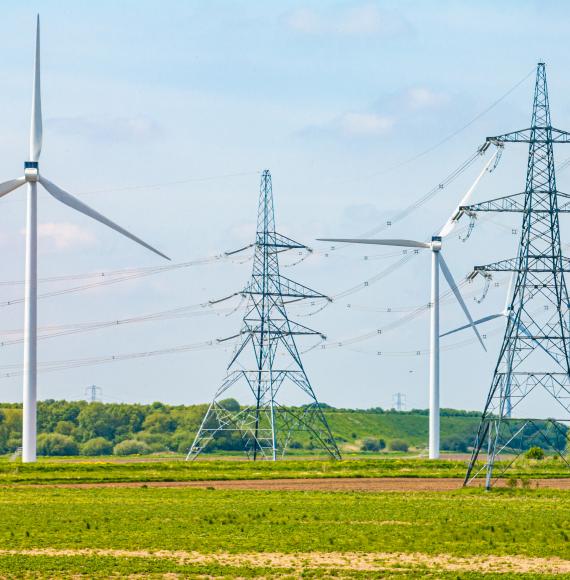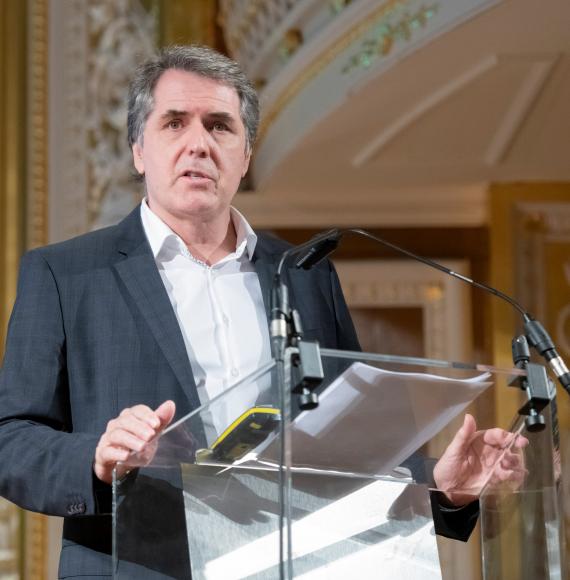The government should consider shifting the capital burden of renewable infrastructure from household bills to keep local residents onside with plans to overhaul energy generation, a new report from the think-tank Localis has argued.
The suggestion is contained in a new report entitled “Generating Hope: Local Power in Partnership”, in which Localis makes a series of policy recommendations to central and local government and industry that would ensure Local Power Plans – a key component of Great British Energy (GB Energy) – drive the decarbonisation of energy at the local level.
For the agenda to succeed, a new model of public-private partnerships (PPPs) will prove crucial for mobilising resources, expertise, and funding for this effort and for smaller, community-led initiatives, bridging the gap between national ambitions and local action, the study argues.
According to the report authors, such partnerships must be strategic, and long-term and able to transform approaches to decentralising and decarbonising the UK's energy system by empowering communities, reinvesting profits locally, and addressing socio-economic disparities.
The research study, emphasises that overcoming obstacles will require a framework that recognizes the roles of both the public and private sectors at the local level.
Local authorities can act as place leaders, landowners, employers and development authorities, the paper notes, leveraging their powers to promote renewable energy projects and incorporate energy considerations into development plans.
Localis head of research, Joe Fyans, said:
“Local authorities will be essential in achieving net zero, as a significant portion of UK carbon emissions fall within their scope of action.”
“The report identifies multiple barriers hindering the further deployment of renewable energy, including technical challenges such as grid infrastructure unpreparedness and skills gaps within local authorities.
“Financial obstacles include high upfront costs and investor perceptions of risk, and political barriers include potential public opposition and a lack of clear policy support.
“The solutions to these problems must emphasise the potential for renewable energy to address socio-economic challenges related to the energy trilemma of sustainability, security, and affordability.”
Jonathan Werran, chief executive, Localis, said: “The recent announcement of Great British Energy’s first major project to put rooftop solar panels on around 200 schools and 200 NHS sites has fired the starting gun in the race to empower local communities to generate their own clean energy this parliament.
“However, if we are serious about unleashing the full power of the local state, it is clear Local Power Plans will require a new model of strategic, long-term energy partnerships to transform how we decentralise and decarbonise the UK’s energy system.
“By fostering direct collaboration among local energy stakeholders, these new model partnerships could bypass traditional barriers to innovation such as fragmented decision-making structures and lengthy tender processes, allowing for more agile and resilient responses to local energy challenges, empowering communities, and reinvesting profits locally.
“To make these work at the level of place, central government should build on successful examples of strategic energy partnerships and produce a contracting framework for local authorities to procure strategically for the long-term benefit of their communities.”
Image credit: iStock



















